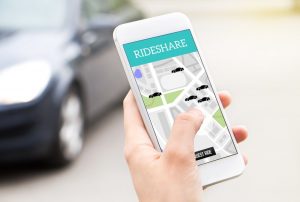Corporate Memory in Illinois: A Powerful Tool for Trial Lawyers to Hold Corporations Accountable
Corporate defendants often rely on a familiar playbook: rotate employees, claim ignorance, and hope the passage of time erases responsibility. But in Illinois, the law does not allow corporations to wipe the slate clean simply by losing or replacing the people who once knew the truth.
This is the concept of corporate memory, and it is one of the most effective legal tools available to trial lawyers. It allows us to expose what a corporation actually knew, when it knew it, and how that knowledge relates to the harm suffered by our clients. Corporate memory is not tied to an individual person. It belongs to the corporation itself.
The leading Illinois case on this principle, Campen v. Executive House, confirms that once a corporation learns of a dangerous condition, a prior bad act, or a foreseeable risk, that knowledge becomes part of the corporation. It cannot be “discharged” through turnover. It cannot be forgotten because a new manager arrived last year. And it cannot be erased by convenient claims of “I wasn’t here then.”
 Chicago Medical Malpractice Lawyers Blog
Chicago Medical Malpractice Lawyers Blog


